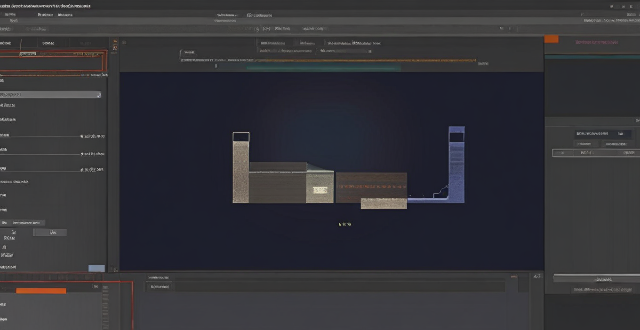The performance of a graphics card is influenced by several factors, including hardware-related factors such as the GPU, VRAM, memory bus, cooling system, and power supply, as well as software-related factors such as drivers, game or application optimization, and settings and resolution. To achieve optimal performance, it is essential to consider all these factors when selecting or configuring a graphics card.

Factors Affecting the Performance of a Graphics Card
The performance of a graphics card is influenced by several factors. Here, we will discuss these factors in detail:
Hardware-related Factors
1. GPU (Graphics Processing Unit)
The GPU is the heart of the graphics card. Its performance is determined by the number of cores it has, its clock speed, and its architecture. The more powerful the GPU, the better the performance of the graphics card.
2. VRAM (Video RAM)
VRAM is used to store the image data that the GPU processes. The amount of VRAM and its speed can affect the performance of the graphics card. More VRAM allows for higher resolution textures and larger scene data to be stored, leading to better performance.
3. Memory Bus
The memory bus is a communication channel between the GPU and VRAM. Its width affects the data transfer rate between the two components. A wider memory bus allows for faster data transfer, leading to better performance.
4. Cooling System
The cooling system of a graphics card ensures that it does not overheat during operation. An efficient cooling system can improve the performance of the graphics card by allowing it to operate at higher clock speeds without overheating.
5. Power Supply
The power supply of a graphics card affects its performance. A stable and sufficient power supply can ensure that the graphics card operates at optimal performance levels.
Software-related Factors
1. Drivers
Drivers are software programs that allow the operating system to communicate with the graphics card. Up-to-date drivers can improve the performance of the graphics card by ensuring that it works efficiently with the latest games and applications.
2. Game or Application Optimization
The performance of a graphics card also depends on how well a game or application is optimized to run on it. Games and applications that are well-optimized for a particular graphics card can run smoothly and achieve high frame rates.
3. Settings and Resolution
The settings and resolution at which a game or application is run can also affect the performance of a graphics card. Lowering the settings or resolution can improve performance by reducing the workload on the graphics card.
In conclusion, the performance of a graphics card is affected by both hardware-related factors such as the GPU, VRAM, memory bus, cooling system, and power supply, as well as software-related factors such as drivers, game or application optimization, and settings and resolution. To achieve optimal performance, it is essential to consider all these factors when selecting or configuring a graphics card.